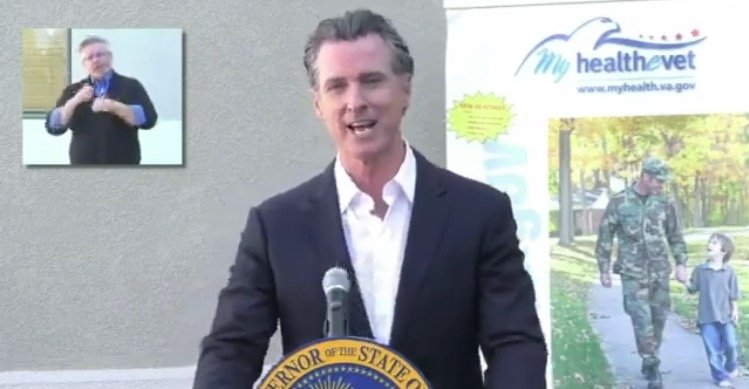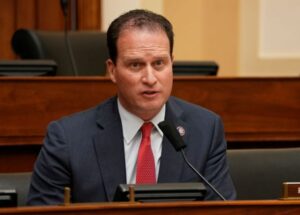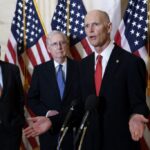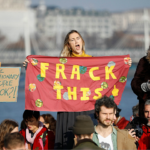California Governor Gavin Newsom on Wednesday extended the Covid state of emergency until March 31, 2022.
This is Newsom’s 3rd emergency extension which will take the state past the two year mark under his emergency Covid order.
The California governor’s first Covid emergency order was declared March 4, 2020.
“Winter is coming. Winter is here,” Newsom said. “And as we are to be reminded and should be reminded, last year we had a challenging winter, particularly down here in Southern California. We started to see around this time last year case rates, positivity rates, hospitalization rates, ICU numbers start to increase. We’re starting to see that now all across the globe. We’ve seen those trends, not dissimilar to last year.”
Via Gavin Newsom’s press release:
Governor Gavin Newsom today signed an executive order to ensure California’s health care facilities continue to have the staffing and resources needed to prevent potential strain on the state’s health care delivery system as the state prepares for a potential new surge in COVID-19 cases over the winter.
The order extends provisions implemented to expand our health care workforce during the pandemic, allowing health care workers from out of state to provide services in California and enabling certain medical personnel and emergency medical technicians to continue supporting the state’s COVID-19 response, including administering vaccines. The order also continues flexibility for health care facilities to plan and adapt their space to accommodate patients and allows alternate areas, such as parking lots, to be used for vaccination efforts at clinics and other health care facilities.
With certain parts of the state seeing an increase in COVID-19 cases, hospitalizations and deaths, the state is continuing momentum for its nation-leading vaccination effort, encouraging Californians to get their COVID booster shots and vaccinate the newly eligible 5-11 age group. California has put more shots in arms than any other state – administering over 55 million doses of COVID-19 vaccine – and announced first-in-the-nation vaccine measures, including requiring that workers in health care settings be fully vaccinated, adding the COVID-19 vaccine to the list of vaccinations required to attend school in-person when fully authorized for applicable grade spans, and implementing a standard that all school staff and all state workers either show proof of full vaccination or be tested at least once per week.









